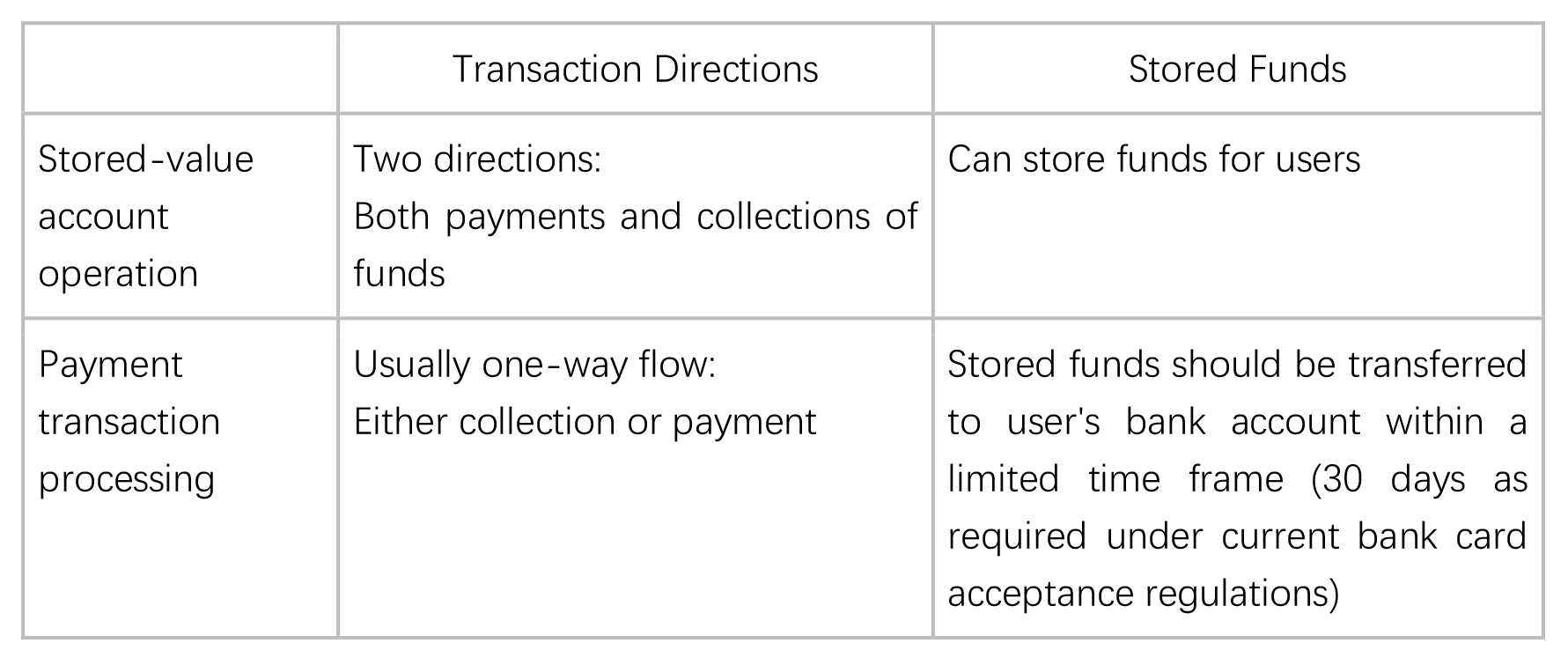Understanding Recourse Loan vs Non Recourse Loan: Which One is Right for You?
#### Recourse Loan vs Non Recourse LoanWhen it comes to financing options, understanding the differences between a recourse loan and a non recourse loan is……
#### Recourse Loan vs Non Recourse Loan
When it comes to financing options, understanding the differences between a recourse loan and a non recourse loan is crucial for borrowers. Both types of loans have distinct characteristics, advantages, and disadvantages that can significantly affect your financial situation. In this article, we will delve into the definitions, key differences, and implications of each loan type to help you make an informed decision.
#### What is a Recourse Loan?
A recourse loan is a type of loan where the lender has the right to pursue the borrower’s other assets if the borrower defaults on the loan. This means that if you fail to repay the loan, the lender can take not only the collateral (the asset secured by the loan) but also other personal assets, such as savings accounts, investments, or even a portion of your income. This type of loan is typically used in personal loans, credit cards, and some types of mortgages.
The key advantage of a recourse loan is that it often comes with lower interest rates compared to non recourse loans. This is because lenders perceive recourse loans as less risky; they have more avenues for recovering their funds in the event of default. However, the downside is that borrowers face greater financial risk, as their personal assets are at stake.

#### What is a Non Recourse Loan?
In contrast, a non recourse loan limits the lender's ability to claim the borrower's personal assets in the event of default. If the borrower fails to repay the loan, the lender can only seize the collateral pledged for the loan, and cannot pursue any additional assets. This type of loan is commonly used in real estate transactions, particularly for investment properties and commercial real estate.
The primary advantage of a non recourse loan is the reduced personal risk for the borrower. Since the lender cannot pursue other assets, borrowers can feel more secure knowing that their personal finances are protected. However, non recourse loans often come with higher interest rates and stricter qualification requirements, as lenders take on more risk.
#### Key Differences Between Recourse and Non Recourse Loans

1. **Liability**: The most significant difference lies in the liability. With a recourse loan, borrowers are personally liable for the debt, while non recourse loans limit this liability to the collateral.
2. **Interest Rates**: Recourse loans typically have lower interest rates due to the reduced risk for lenders, whereas non recourse loans usually carry higher rates.
3. **Asset Protection**: Non recourse loans offer greater protection for personal assets, making them an attractive option for those looking to safeguard their finances.
4. **Availability**: Recourse loans are more commonly available for personal loans and credit, while non recourse loans are often reserved for specific types of real estate financing.

#### Which Loan Type is Right for You?
Choosing between a recourse loan and a non recourse loan depends on your financial situation, risk tolerance, and the purpose of the loan. If you are looking for lower interest rates and are comfortable with the risk of losing personal assets, a recourse loan may be suitable. However, if you prioritize asset protection and are willing to pay a higher interest rate, a non recourse loan might be the better choice.
In conclusion, understanding the nuances of recourse loan vs non recourse loan is vital for making sound financial decisions. By weighing the pros and cons of each loan type, you can select the option that aligns best with your financial goals and risk appetite. Always consider consulting with a financial advisor to navigate the complexities of loan agreements and ensure you choose the right path for your financial future.